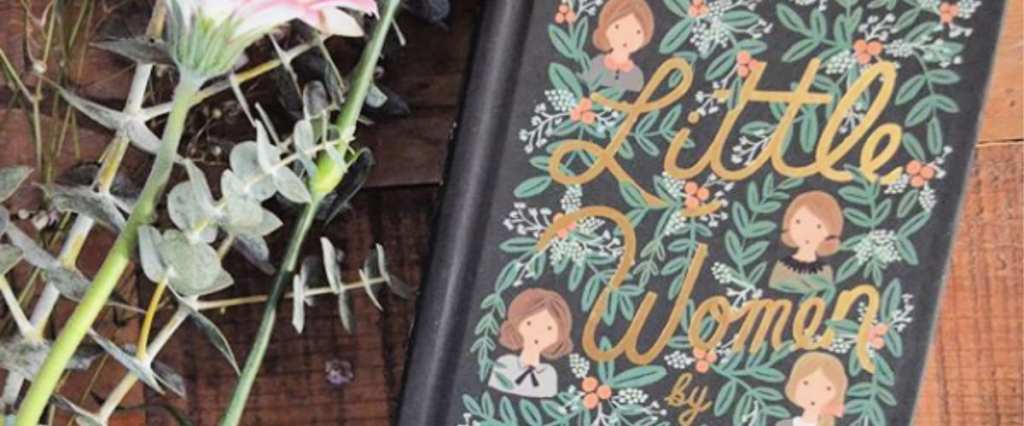Trending Now
The world has changed in unimaginable ways since Little Women was first published in 1868 – which is why it’s all the more interesting that people are still intrigued by and enamored with the story a hundred and fifty years later.
We know that it is, because in less than a year’s time, the BBC adapted the story into a miniseries (the 4th one), and director Greta Gerwig’s big screen adaptation – starring Saoirse Ronan, Emma Watson, Florence Pugh, Eliza Scanlen, Lauran Dern, and Timothee Chalamet – is getting big time buzz ahead of its release.
https://www.instagram.com/p/B4zaaRrJ9ko/
The story has been adapted more than 2 dozen times since Louisa May Alcott first penned it, which brings us back around to the question at the beginning of this piece – what exactly is it about the March sisters that keeps people coming back for more, generation after generation?
Many scholars point toward the easy, natural dialogue that every girl and women in the world can relate to. There are multiple aspects of Alcott’s life that lent themselves to her being able to represent the “every woman” – she was poor, she moved often, she worked in a male-dominated profession, and she endured sexual harassment, to name a few.
In Meg, Jo, Beth, Amy: The Story of Little Women and Why It Still Matters, the author (Anne Boyd Rioux) suggests that the book has endured because it’s not just a sentimental and sweet story, but one with a heaping dose of female rage.
https://www.instagram.com/p/B40FjQVgiLh/
Sarah Blackwood expanded on just that assertion in The New Republic:
“Bronson Alcott’s strict adherence to his ‘ideals’—vegetarianism, selflessness, and political commitments to use no cotton, wool, sugar, molasses, or rice—meant that his children were often improperly clothed and malnourished. He once left his wife Abigail alone with two small children so that he could focus on his studies for a year, during which Abigail weathered the first of many miscarriages on her own. Lizzie Alcott (the inspiration for the saintly Beth March) appears to have starved herself to death; her mother and sisters attended her during a protracted, painful, and utterly irredeemable death. Alcott was always keenly aware of how much she had to temper and redirect her own ambitions simply because she was a woman.”
In that same article the author went on to suggest that people still connect so readily with Little Women because of the way it deftly handles the ongoing struggle balancing family with one’s passions.
“The homes [Alcott] depicts are both cozy and claustrophobic, the marriages companionate and perverse, and the March girls’ dreams both fulfilled and depressingly renounced,” Blackwood wrote. Yet, 150 years later, Alcott’s experiences in deciding whether or not to marry, and how to navigate what was clearly a man’s world as a woman remain painfully relatable to today’s artists and audiences.
As far as Gerwig – the first debut female director to ever win a Best Director nomination from the Academy – is concerned, she, like many of us, grew up with the March sisters.
https://www.instagram.com/p/B40KwH-Hwnf/
“When you live through a book, it almost becomes the landscape of your inner life … It becomes part of you, in a profound way.”
A deep, resonant truth that every reader in the world knows as a fact – but rarely are their books like Little Women who wriggle their way into the hearts of so many, and burrow in ever tighter as the years go by.






